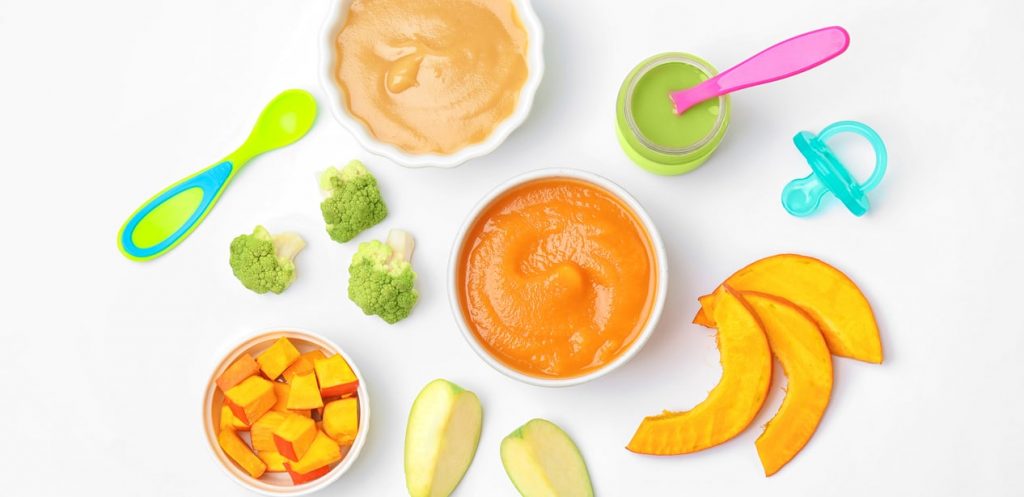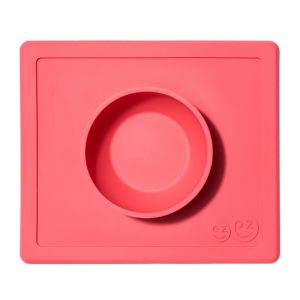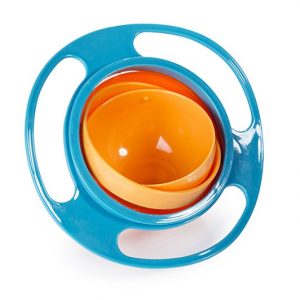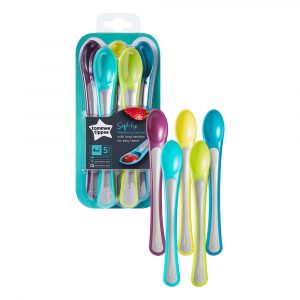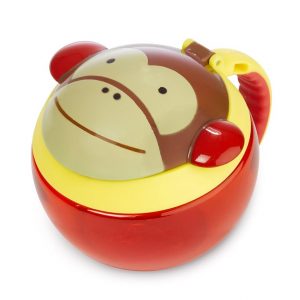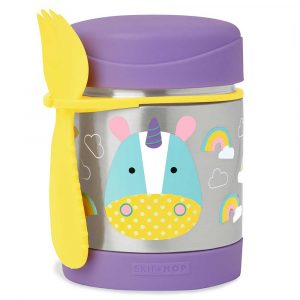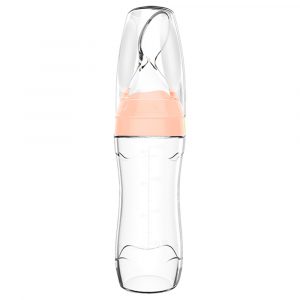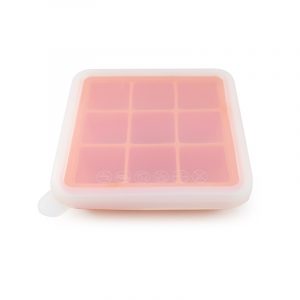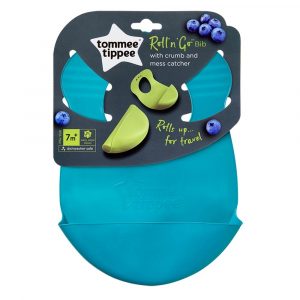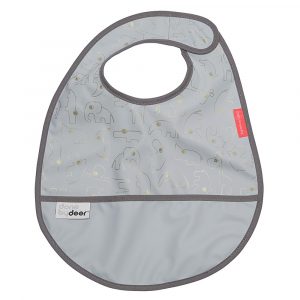When you start to think about introducing solid food to your baby for the first time, there are lots of things to consider and often lots of questions. It’s something that new parents are never quite sure about, so read on, get informed and equip yourself with the information that you need.
When?
– Babies should have breastmilk or formula for the first six months of life. Milk provides all the needed nutrients for your baby.
– After six months, babies need a mixture of solids and milk as their energy requirements start to change.
– Only begin to introduce solid when your baby can sit upright with limited support and when they can control their neck and head.
– Look for signs that your baby is showing interest in food.
What to start with, and how?
– Start simple, look for a single grained baby cereal and mix in breast milk or formula, so it’s really smooth (start with more milk and gradually decrease over time, so it becomes thicker).
– Offer a few teaspoons of baby cereal after breastfeeding or bottle feeds, this will help bub to get the hang of swallowing this new consistency of runny cereal.
– Start offering pureed simple foods (with no sugar and salt), wait a few days before introducing a new food so you can see if bub has a reaction.
– Puree food, so it’s a smooth consistency.
– Aim to introduce foods with good nutrients (iron and zinc especially) – such as pureed meat, iron-fortified cereal, mashed egg (fully cooked through), potato, carrot, fruits (banana, avocado, apple), pasta etc.
– By 8-10 months you can start to offer finely chopped foods that bub can pick at with their fingers, such as soft vegetable pieces, overcooked pasta, baby crackers.
– By age 1 – provide bub three meals a day – just offer a chopped or mashed version of whatever you are having.
– Continue with breastfeeding or formula at least for the first year.
Foods to avoid:
– Honey (never give a baby under one-year-old honey).
– Runny eggs.
– Whole nuts and hard foods (seeds etc.) until age 3.
– Low-fat dairy.
– Cow’s milk in the first year.
– Any sugar-sweetened drinks or fruit juice.
Tips to make solids a success:
– Give your baby their own spoon to practice with while you feed them.
– Chat with bub about what they’re eating, the texture, color, taste, name and how it’s cooked.
– Offer foods that your baby is interested in or reaching for.
– Try to feed your baby during family meal times – food is more interesting if everyone else is eating too!
– Don’t worry if interest and appetite changes; this is normal. Some bubs need to try a new food ten times before they’ll accept it and eat.
– Puree different foods in advance and freeze them in baby freezer trays, so they are there and ready to defrost when bub is hungry.
Making this process a bit easier and less time consuming is simple with these handy products from Mumzworld.


